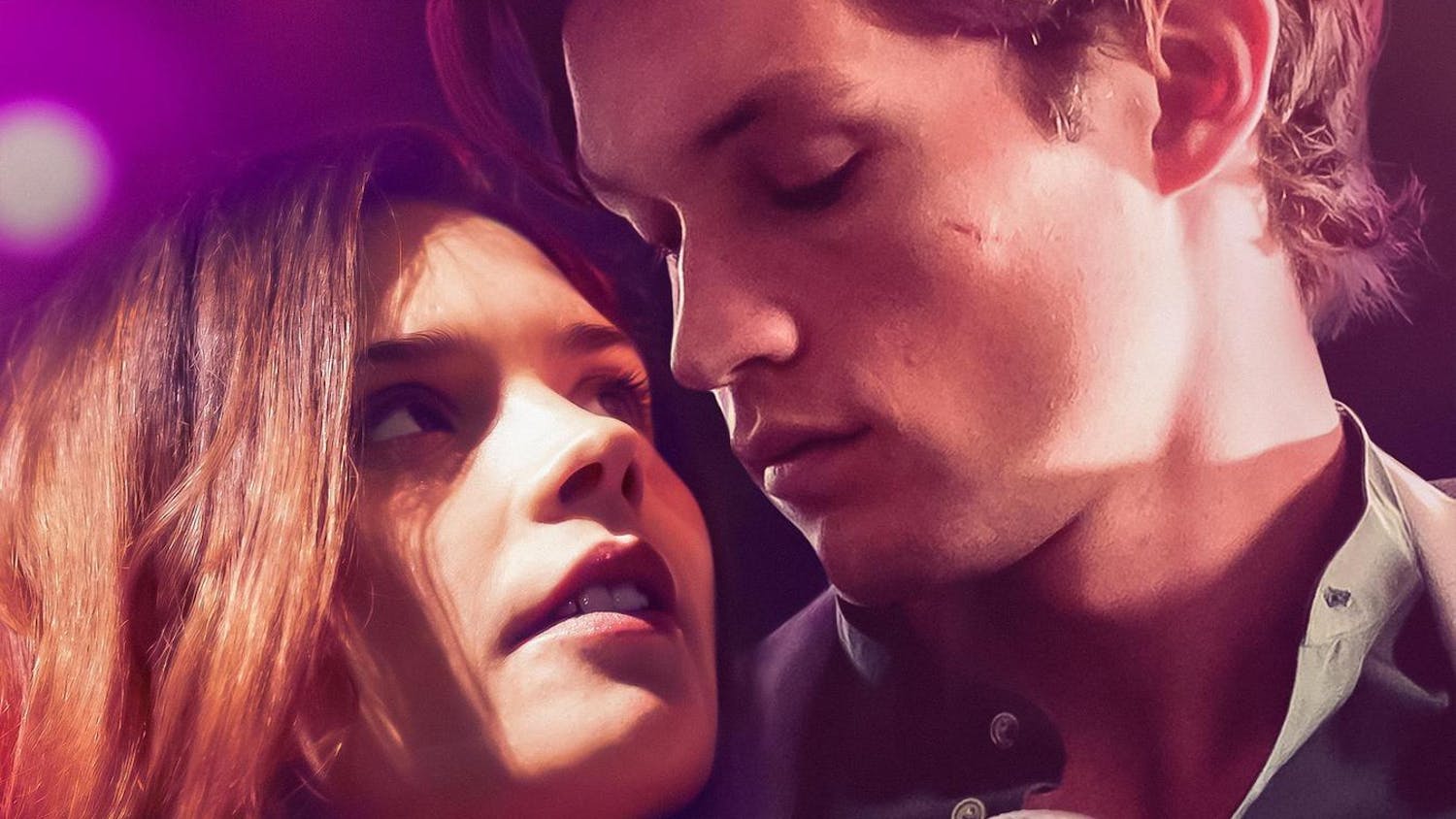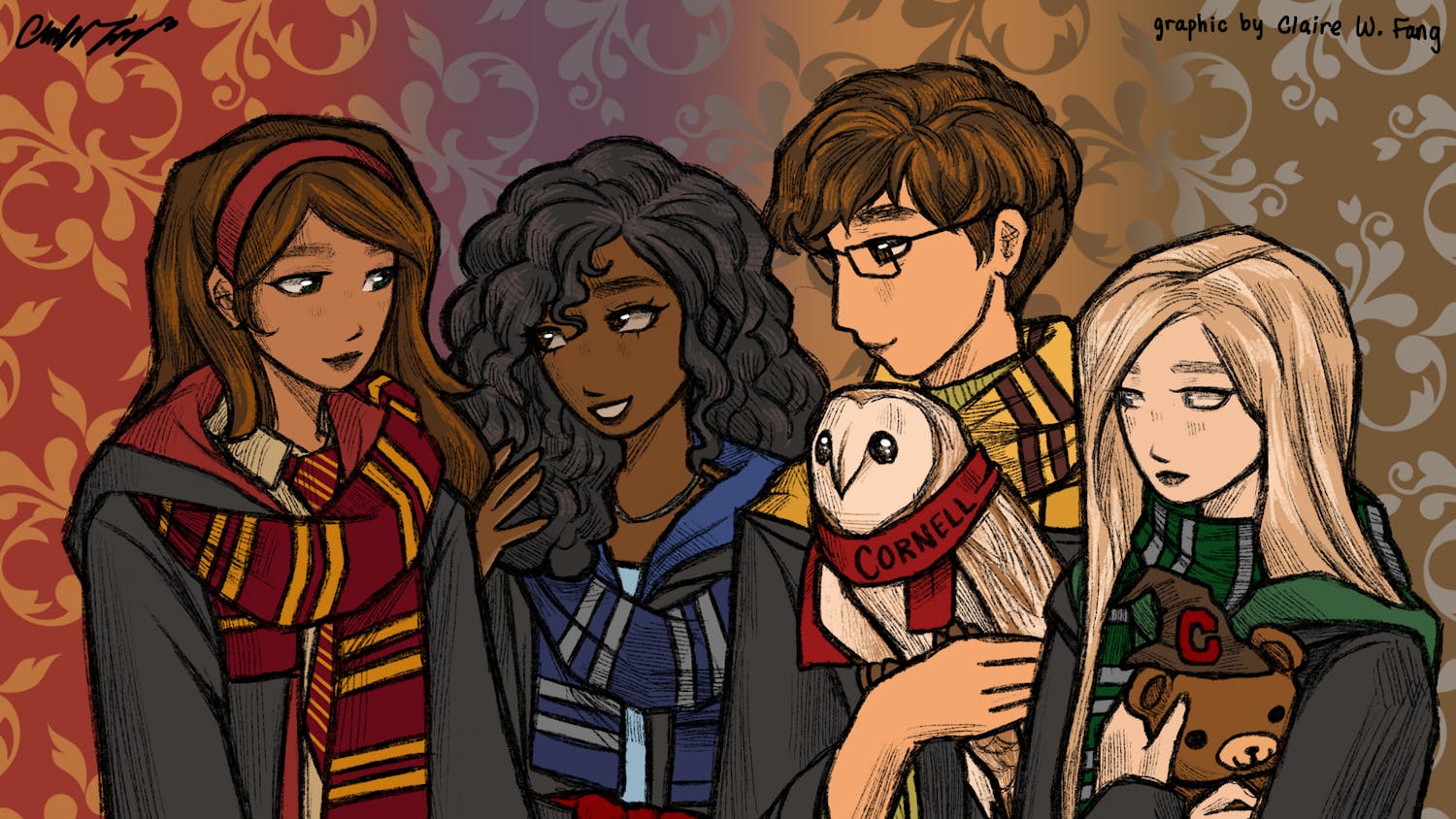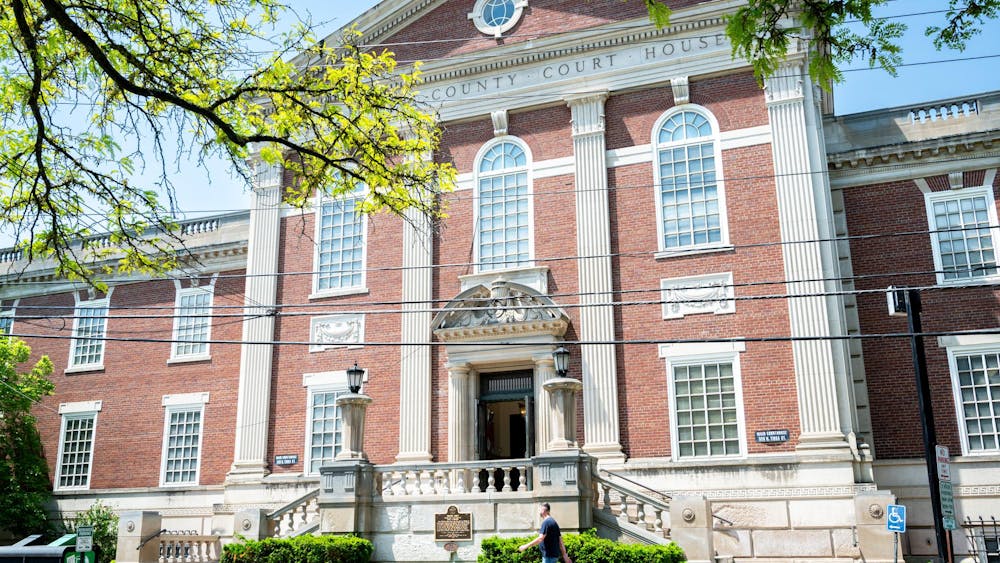The Shrouds has been my most anticipated movie of the year. Often, when I share that David Cronenberg is my favorite filmmaker, I’m asked how I feel about his later works. While most film fans can enjoy The Fly or Videodrome, his recent films have become colder, sleeker and increasingly interested in the emptiness of the modern world. My answer is always the same — I love late Cronenberg just as much as I love his earlier classics. Films like Cosmopolis and Crimes of the Future are just as interesting to me as his body horrors. The Shrouds, inspired by the death of his wife, Carolyn, is a fascinating exploration of grief and the digital world.
In the film, Vincent Cassel portrays a fictional stand-in for Cronenberg himself, Karsh. Years after the death of his wife, Becca, Karsh’s grief leads him to invent GraveTech. His GraveTech cemeteries include computer screens on the tombstones that allow grieving families access to a livestream of the inside of their loved one’s coffin. Because of Karsh’s own obsession with his wife’s body, he is comforted by the ability to watch her decompose in real time. When the GraveTech cemetery containing Becca’s tomb is vandalized, he is forced to confront the nature of his grief.
The Shrouds is difficult to describe in a typical plot synopsis and in my opinion, the story beats are much less important than the themes Cronenberg is exploring through the film. While The Shrouds might not fit comfortably into the body horror genre, it is, like all of Cronenberg’s films, uniquely concerned with the body. More than anything, what Karsh misses is Becca’s body — not always in a sexual sense, but more so the physical form she took on in life. It is being separated from Becca’s body, unable to see what is happening to it, that inspires Karsh to create a business as morbid as GraveTech. Karsh’s brother-in-law, Maury (Guy Pearce), attempts to quell his grief by coding an AI virtual assistant for Karsh, “Hunny,” that takes on the crude shape of Becca. But of course, he doesn’t understand that Karsh’s love for Becca is much more physical and, as Karsh comes to accept over the course of the film, cannot be replaced by technology.
Cronenberg’s interest in technology is present throughout his entire filmography. Here, his recent loss leads him to explore whether an emotion as human as grief is compatible with an increasingly digital world. Karsh’s life is ultramodern — he drives a Tesla, lets Hunny take on most of his work and spends much of his time watching his wife’s decomposition on a screen at home. When Becca’s grave is vandalized, and the wires cut, the connection between them is lost. Karsh’s dependence on technology makes him vulnerable. Whether it’s hackers severing the GraveTech connection or Morey taking control of his Tesla from afar, the attacks on Karsh throughout the film are always digital. Where Karsh finds respite is in the physical. Throughout the film, he forms connections with Soo-Min (Sandrine Holt), a blind businesswoman, and Terry (Diane Kruger), Becca’s sister. His relationships with both women are overwhelmingly physical in nature.
David Cronenberg, despite being 82, certainly isn’t a disillusioned old man lamenting the days before modern technology. In fact, his feelings are almost the opposite — in a recent interview, he pushed back against the recent trend of nostalgia for shooting on film, praising the efficiency of shooting digitally and even the current model of streaming services. Unlike many of his fellow auteurs, he isn’t one to shy away from including smartphones or self-driving cars in his films in favor of aesthetics. It is Cronenberg’s interest in the modern world that makes his musings on the incompatibility of technology and grief in The Shrouds so fascinating. Despite his lack of nostalgia for years past, Cronenberg’s own experience with grief has shown him how false the digital world becomes in comparison to the physical.
The Shrouds certainly won’t be for everyone. It’s slow, weird and has a sardonic sense of humor that might not work for every viewer. I loved The Shrouds, but I definitely wouldn’t rank it among my favorite Cronenberg films. Still, I’ll always be infinitely more interested in watching whatever Cronenberg creates, weird and messy as it may be, than a more polished film from a director with less to say.
Nicholas York is a sophomore in the School of Industrial and Labor Relations. He can be reached at nay22@cornell.edu.
‘Projections’ is a column focused on reviewing recent film releases. It runs every other Monday.











